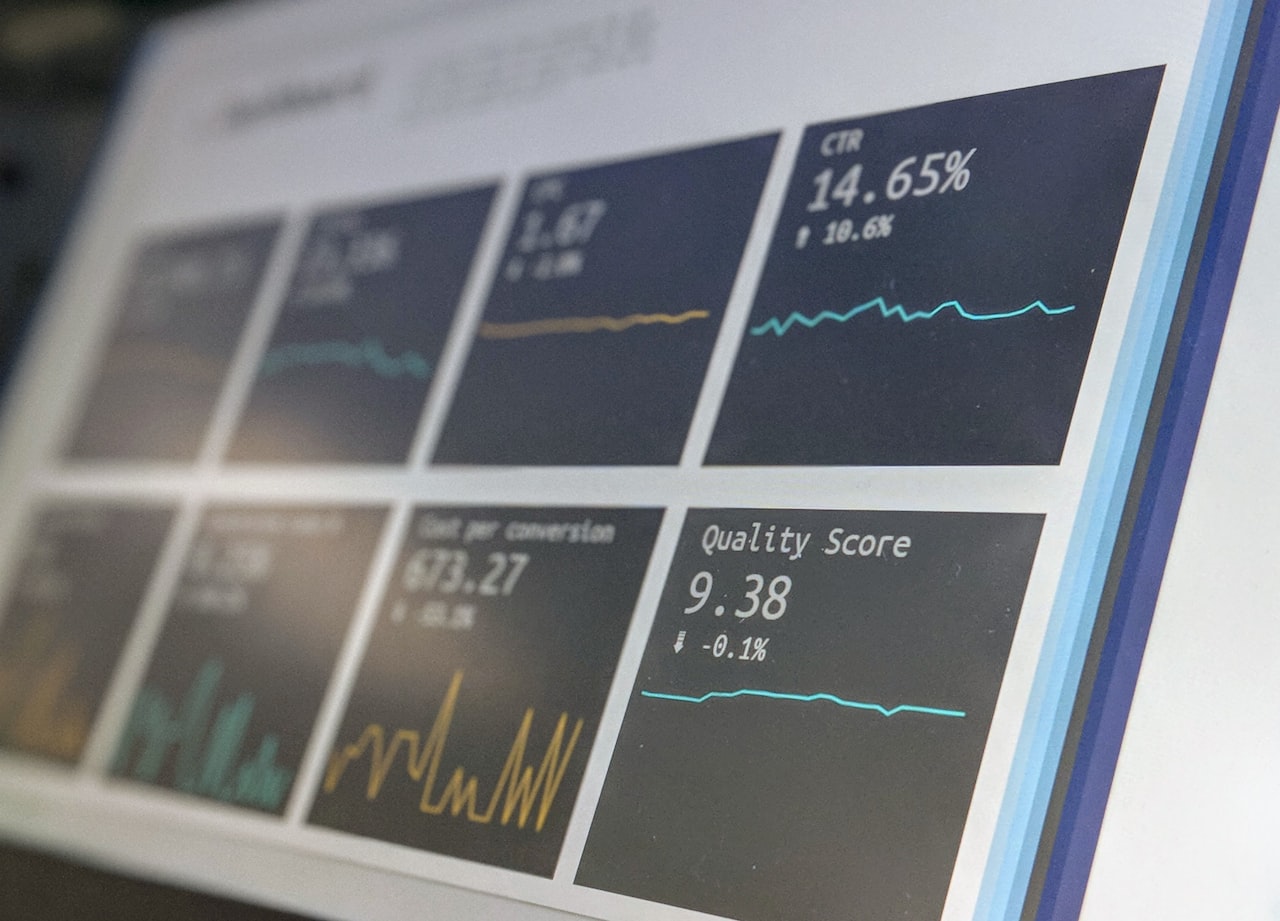What Seasoned Investor Need to Know
If you've been in multi-family real estate for a while, you know the core principles—location, rent growth, NOI, tenant turnover, and cap rates. But what if I told you that machine learning algorithms are quietly rewriting parts of that playbook?
AI isn't just some futuristic tool for tech companies. It's already transforming how apartment deals are sourced, how units are prices, how tenants behavior is predicted. Here's what experienced multi-family investors need to be watching.
Finding What Humans Miss
Traditional multi-family strategies rely heavily on broker relationships, local intel, and underwriting experience. But now, AI-powered platforms are analyzing zoning trends, building permits, migration patterns, and social signals to highlight off-market or soon-to-be-undervalued buildings.
A startup like Zesty.ai uses AI to assess property-level climate risk—an invaluable edge when evaluating insurance exposure, particularly in multi-family properties with long term holds.
Going Beyond the Rent Comp
Forget the classic rent comp survey. AI tools can now dynamically adjust rent pricing by analyzing variables like foot traffic, proximity to co-living or remote-work hubs, or even amenity preferences of target tenant demographics.
Tools used by institutional players now reprice entire multi-family portfolios weekly, not quarterly. That's critical in fast-moving urban submarkets. (Zesty.ai Real Estate)
Micro-Market Intelligence: The New Goldmine
We've all known that real estate is local. But now it's hyperlocal, AI lets investors break down trends by city block instead of ZIP code. Is a specific street suddenly popular with remote workers? Is there a subtle shift in demographics due to a new shuttle route or coworking space? AI sees it before MLS listings catch up.
Virtual Agents and Automated Leasing: The New Front Desk
For those in the rental game, AI-driven chatbots and virtual leasing assistants are changing tenant acquisition and retention. These bots handle inquiries 24/7, qualify leads, and schedule viewings—saving time and boosting occupancy rates.
Bonus: AI tools can now detect a tenants likelihood or renewing based on tone in their emails or maintenance request history. Wild right?
Should You Trust AI?
Cautiously, yes. These tools are powerful, but they still need a human touch. The best investors blend gut instinct with data-backed insight. AI doesn't replace your experience—it augments it.
The next decade in real estate will favor those who embrace technology without losing the human edge.
Evolve or Get Eclipsed
The real estate game is evolving. Investors who adapt will find themselves not only surviving market shifts but capitalizing on them. So the real question isn't if you integrate AI into your strategy—it's how soon.
Whether you're a landlord, flipper, developer, or agent, teh message is clear: embrace the algorithm, but lad with intuition.




























































